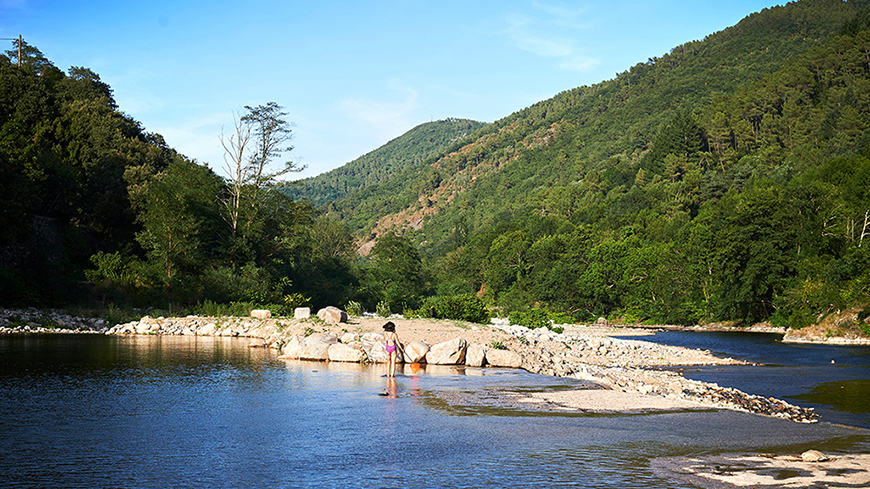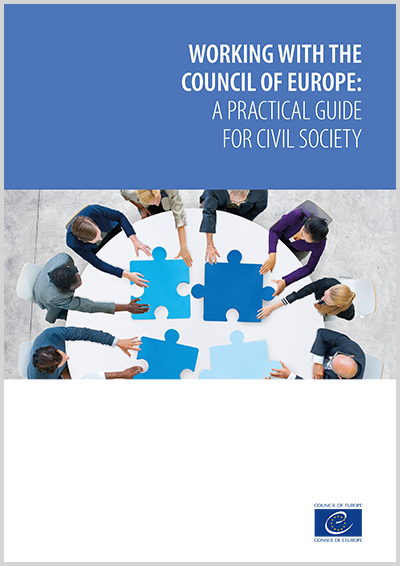Culture, Nature and Heritage

Cultural and natural diversity are characteristic elements of sustainable societies and are powerful vectors of democratic participation. By promoting culture, nature and heritage, the Council of Europe contributes to strengthening societies and protecting the environment. It also promotes human rights, including the right to life, to health, to free expression and to creativity.
The Council of Europe has developed a set of conventions in the fields of culture, heritage, nature and landscape: the European Cultural Convention, the Convention on the conservation of European wildlife and natural habitats (Bern Convention), the Landscape Convention, the Faro Convention on the value of cultural heritage for society and the Convention on offences relating to cultural property.
Through the follow-up and monitoring mechanisms of these conventions and co-operation and technical assistance activities, the Organisation helps member states promote access to culture and creative expression, to create respect for the diversity of cultural and natural heritage, and to attune spatial/regional planning with sustainability-driven landscape policies.
This task includes fostering co-operation, capacity building (legislative and technical assistance) and sharing of good practices. There is also close work with the European Union and other stakeholders such as United Nations, UNESCO, the International Council of Monuments and Sites (ICOMOS), the International Union for Conservation of Nature (IUCN), the European Council of Spatial Planners (ECTP), and the International Federation of Landscape Architects (IFLA).
Steering Committee for Culture, Heritage and Landscape – CDCPP
The CDCPP oversees intergovernmental work in the field of culture, heritage and landscape. It advises the Committee of Ministers and provides standards, policies and good practices to sustainably manage cultural, heritage and landscape resources, as a basis for democratic and inclusive societies in a digitally evolving environment, impacted by environmental degradation.
 Focus 2022-2025
Focus 2022-2025
Integrated culture/nature guidance tool; role and impact of culture, heritage and landscape to address the global crisis; access to archives; culture and democratic participation and inclusion; heritage education, training and climate change; offences relating to cultural property; heritage days; sustainable heritage
 Civil society involvement
Civil society involvement
- Participants: Conference of INGOs (CINGO)
- Observers:
- Consultation with civil society, either through direct participation in meetings, or through dedicated hearings or written consultations
The Faro Convention on the value of cultural heritage for society stresses important aspects of heritage as they relate to human rights and democracy. It promotes a wider understanding of heritage and its relationship to communities and society. By involving everyone in society in the ongoing process of defining and managing cultural heritage, it emphasises the active role civil society can play.
The European heritage strategy for the 21st century aims to promote a unifying approach to cultural heritage as a resource for democracy. It pursues an interdisciplinary and participatory approach through three components of the strategy – social, territorial and economic; knowledge, and education. The social component of the strategy is dedicated to the promotion of social participation and good governance and highlights the important role of civil society. It focuses on the relationship between heritage and societies, citizenship and the sharing of democratic values through participatory governance.
The European Heritage Days – a Council of Europe/European Union joint action since 1999 – are the most widely celebrated participatory annual cultural events in Europe, reaching out and mobilising millions of people under the motto “Europe, a common heritage”. NGOs operating in the field of culture and heritage actively participate in celebrations, encourage people to become active in local heritage and to share cultural experiences at both local and European levels. Civil society can join initiatives, such as the call for European Heritage Days stories which is a competitive grant award procedure and young European heritage makers which aims to give a voice to children and young people to interpret their local heritage and share their stories.



